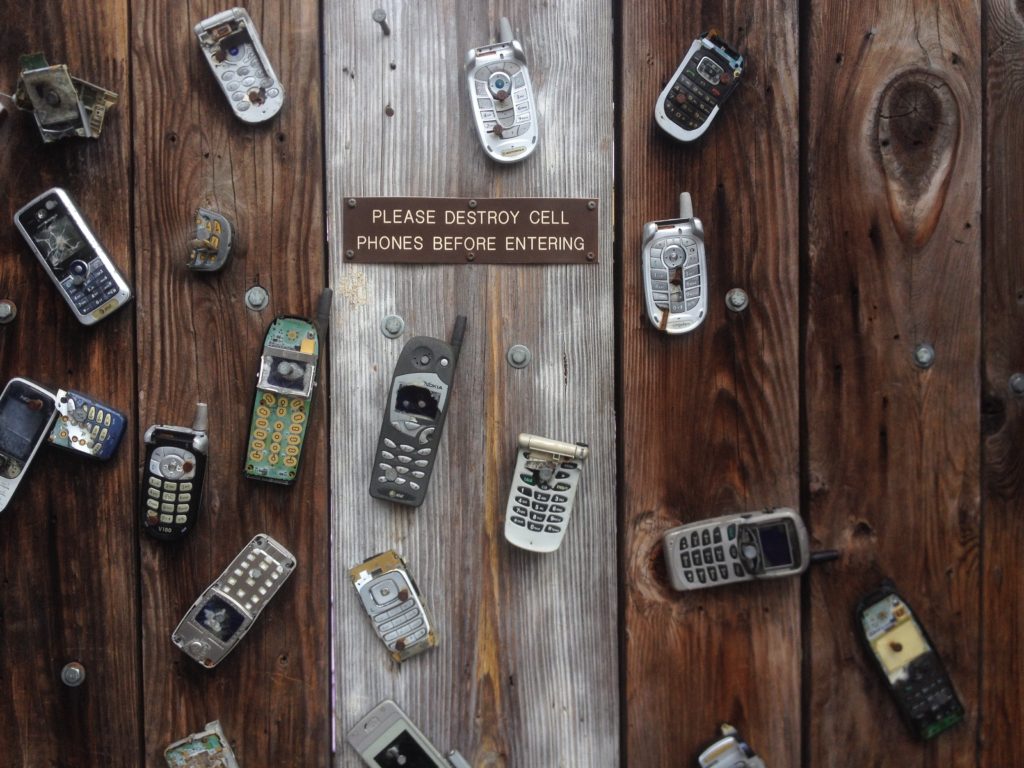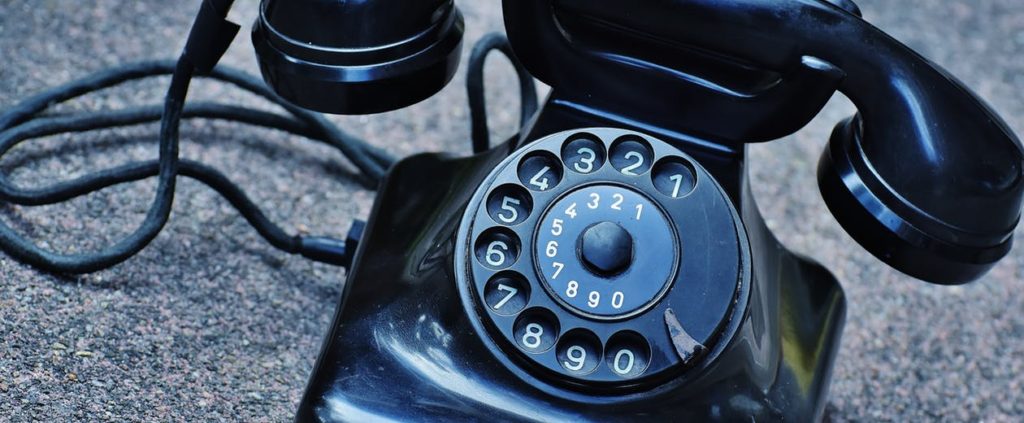The page about travel planning dealt mainly with planning required to get to your destination and while you are there. Unfortunately, there is a lot of nitty gritty stuff that you need to take care of and think about before you take off. From our own experience I can tell you, that it is extremely difficult to get anything taken care of from abroad. Between the different time zones, bad phone connections, intermittent internet access and the fact that you just aren’t in the frame of mind to argue with your home owners’ insurance while on sabbatical, dealing with such things is to be avoided at all cost.
Here is a list of nitty gritty stuff to keep in mind.
Visas

Make sure that you get the necessary visas for all countries for everybody. This Wiki page gives an overview of the visa requirements for all countries, but in each case I suggest to dig a bit deeper. I almost overlooked the fact that we needed visas for India and ended up making an unplanned short-notice trip to the Embassy in San Francisco which cost me a whole day plus some serious cash for expediting the process. Flying to Australia for business recently I found myself unable to check in because I had no visa – it had never dawned on me that I needed one. Thankfully that could be done electronically right at the airport – for an extra fee.
Start the process of researching visa requirements early. If you don’t live close to an embassy you will have to send your passports in for the visa to be issued and that all can take up quite some time.
Apropos passport, of course you will need passports for everybody before you apply for visas and for your travel abroad regardless of whether or not the country requires a visa.
Health Insurance
Health insurance is its own whole can of worms. For our sabbatical we just remained on our US health insurance and paid whatever medical bills we had abroad directly. Upon our return we went through the hassle of seeking reimbursement from our insurance provider. There are providers of international health insurance that might be worth a look, especially if you don’t have health insurance here. I am conservative in that respect, I would never travel (or live) without health insurance, at least one covering catastrophic health crisis that require somebody to be airlifted to a hospital in the US or some other country.
Having said that, health services are cheaper, sometimes much cheaper than in the US in pretty much any country in the world. While there are plenty countries, where you would rather not seek medical treatment, others are great places to get treated.
With health insurance always being in flux and individual situations being very different, it is impossible to give reasonable general advise but health insurance is definitely one of the things to start researching early so you understand the options and can make the best decision possible.
Vaccinations
This is a very important point: you need to be current on your vaccinations (you should be current anyway, even in the US!) and need to make sure that you are also getting whatever additional vaccinations you may need. Yellow fever is a frequent vaccination required to travel to and from certain countries. In addition, you might consider voluntary vaccinations. In our case – though the risk was very small – we vaccinated our son against rabies. It is an expensive vaccine that we had to pre-order and get at a special health clinic – but we did it anyway. After being bitten by an animal that might have rabies one can still be treated, but the treatment is painful. We decided that we grown-ups would be able to tolerate this in the unlikely case we should get bitten but did not want to put our son through this. So he was vaccinated.
Malaria prevention requires taking tablets before, during and after your stay in an affected country. The tablets are bitter and our son threw a fit the first time he had to take one. Then he completely refused to take them and all the sweet talking and explaining didn’t help. So I ground them up and put the powder in the filling on an Oreo-type cookie. Never was there a mother more eager to say “Eat your cookie, honey, it’s very yum!” That solved the problem.
Driver’s License
In many countries your American drivers license will be all you need to rent and drive a car. However, there are countries where you will need and International Driving Permit. This IDP can be obtained from AAA for a small fee. It’s only valid for a limited period of time so you have to make sure to apply for one during just the right time. Here are the details.
Another thing to check is whether your US drivers license expires during your time away. If so, it makes sense to see what you can do upfront to renew it to avoid coming home and not having a valid drivers license. What I went through in that regard can be found here.

Another of those nitty gritty things is your mail. If you think that coming home to six months of mail is no fun you would be right. Therefore, it is best to start early to get rid of as much unnecessary mail as possible. That complementary magazine you are not reading: unsubscribe. That 1000-page catalogue of shipping supplies you receive every three months because you once ordered a 5-pack of padded envelops : email or better yet call them and tell them “no more”. Also there is the weekly advertisement by Redplum that gets stuffed in your mail box. I only recently found out how to unsubscribe. Here is a link with instructions. That should reduce the amount of mail you have to deal with as well as the waste created. But what with the stuff you actually want and need?
- If you are renting your house/apartment and you know and trust your renters they can simply collect the mail for you in a dedicated space, e.g. a container in the garage.
- Mail received via USPS can be held (info here). Unfortunately, this service is only available for up to 30 days without any special negotiations with your local post office.
- Forwarding mail to a different address, e.g. a family member or willing friend is another option and the one we choose. Forwarding for temporary moves is possible for up to one year and therefore in most cases sufficiently long. More info is here. This was the best solution for us as it had the advantage that our friend was able to at least scan through the mail and email us about anything that looked important. We could then decide whether we wanted her to open the mail and tell us about the content. This way we were more secure that we did not miss that super important piece of mail from the IRS or something.
I wish I could say that it worked splendidly, but it didn’t. Switching of mail delivery addresses never seems to work splendidly and so we didn’t receive our mail after we got back and had to go through some hassle to get things back to normal. But they might have improved their system since then.
Regular Payments
Chances are there are things to pay for while you are gone. Thankfully automated payments have become the norm and so you can set these things up before you go. There are two things to watch out for and make sure of:
- Annual payments that can’t be automated but need to be paid by submitting a check. As quaint as it sounds, there are still companies, in our case it was a life insurance, that require payment once a year and will only accept checks. This is where your trusted family member or friend comes in.
- Before you leave make sure that all the credit cards on file with the various automated payment will be valid throughout the duration of your sabbatical. It’s incredibly annoying to come home to an unpaid bill because of an expired credit card.
Credit Cards
There are a couple of important things to keep in mind with credit cards, actually, make that three.
- Some credit cards charge a foreign transaction fee. You definitely do not want those. That extra 3% or so adds up. So get yourself a couple of credit cards that do not have these fees.
- Let the credit cards companies know that you are going to be on sabbatical and will charge from different places abroad. Generally you can put a vacation notice on your account online or by calling the bank. Having said that, don’t kid yourself, the company will in all likelihood still block your account on occasion, generally the second time you use it in a new location. The first time it works but raises the flag internally and to protect themselves against fraud the company blocks it. This can happen vacation notice or not. We have gone through quite some length over the years to inform the banks of our travel and still it happens. Here is what you can do to be prepared:
- store all the relevant phone numbers in your Skype or similar account. This way you have them when you need them, you can call them easily without having to worry about area codes and if you choose a service that associates you with being American the call to an American number will be free. A big plus knowing how long one can be stuck in an option tree of an automated system.
- have enough cash to buy necessities should this happen on a Friday evening and you can’t resolve the issue until Monday. Having a second or third cards from a different bank also helps.

Nor everywhere credit cards are accepted for small purchases. You might have to carry more cash than you do at home.
- Get used to carrying more cash than at home. In many countries you can’t use the credit card as liberally as in the US. Either people aren’t set up to accept them or they don’t accept them for small amounts because of the high fees. One such example is Germany: you often can’t pay with your credit card at the local supermarket. People there have so called EU cards, which are debit cards and which they use frequently and are accepted widely (less or no charge for the vendor) or many still pay with cash. Many stores will simply refuse to accept credit cards for amount below a threshold that can be rather high (100 Euros, sometimes more). You also don’t want to show up on a Italian farmers market assuming the vendors will wipe out a Square and gladly take your credit card.
Telephone
You’ve had your phone number for an eternity and would like to keep it but you also do not want to pay for your landline while you are gone. There are services that let you park your phone for the duration of your trip, one of them is here. Additional service offerings incl. call forwarding, delivery of voice messages – you need to decide what is important to you. The upshot is that your number will be parked for a small monthly fee and when you return you can reactivate it and have the same number as before. The same service is available for cell phones.
Cell Phones While Traveling

Another nitty gritty, or maybe even a big issue is your cell phone. You are used to your cell phone and to wireless services that help you find everything from the nearest gas station to a good restaurant and you don’t want to give up on that while traveling. It’s mostly doable, but it will require some research. One thing you shouldn’t do is to use your US phone and plan – the roaming fees will just about bankrupt you. There are options and depending on where you go for how long and what you really want to use the phone for the best solution will vary. You will find information online, a place to start is a page like Nerdwallet that lays out the options you have – in addition to the unthinkable: simply not having a cell phone.
There is a lot you need to prepare for when you plan to be away from home for an extended period of time, even if you rent your house out and don’t need to be worried about watering the plants. If you start planning early enough by doing some research you will save yourself the last minute hassle.
Here is some advice on how to prepare your child for the big event.

